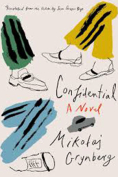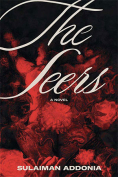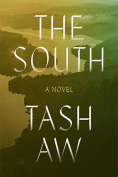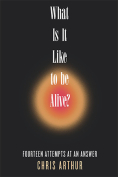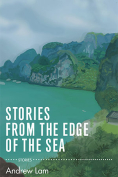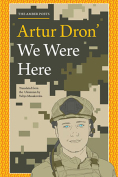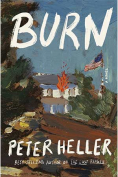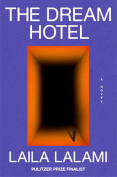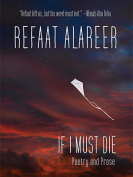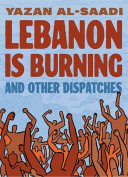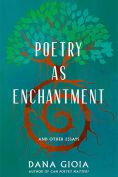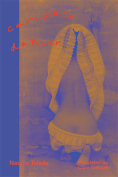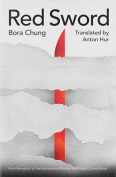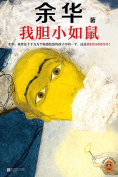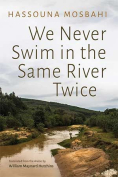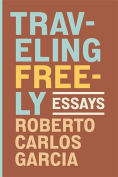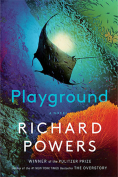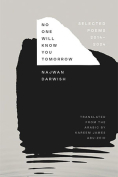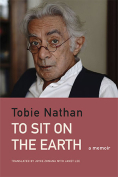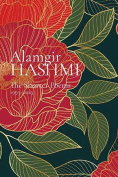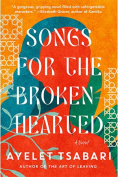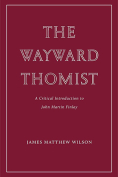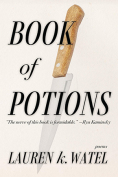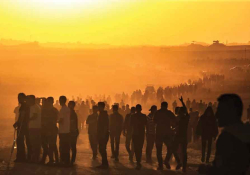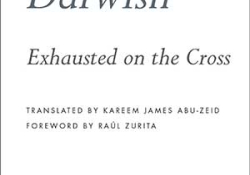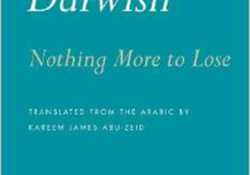No One Will Know You Tomorrow: Selected Poems, 2014–2024 by Najwan Darwish
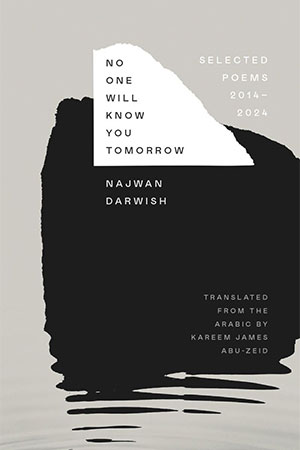
New Haven, Connecticut. Yale University Press. 2024. 248 pages.
In Isabella Hammad’s short story of the Palestinian diaspora, “Mr. Cana’aan,” Haifa-born historian Jibril Tamimi explains to his Jordanian friend, Sam: “There are five types of Palestinians: West Bank Palestinians, Gazans, East Jerusalemites, Palestinians in exile, and Palestinians on the inside. That’s what I am. Falastini fi dakhil. Arab Israeli, whatever you want to call us. And we are the quietest type. Haifa is actually the most peaceful city in the region. Except for Amman, I guess.”
Haifa is also home to the poet Najwan Darwish, whose latest collection, No One Will Know You Tomorrow, speaks with great force from both within and without this contested homeland. For Darwish, the enemy is not only the “bastard” colonizers in their warplanes but also the land itself, which he is damned to love but never hold: “Land, how much misery / you’ve brought your people . . . Land, if only / we could inhabit the clouds.”
Over and over again, these poems capture the perversity of Darwish’s position: to be born to the seaside paradise of Haifa and have no real claim on it. My father once traveled to Haifa for doctoral research on the post-Nakba exodus, and he described it to me as smelling of orange blossoms, “just the most beautiful goddamn place on earth.”
Darwish is unable to give himself over to this beauty. Working in a kind of antisublime style, the poet doesn’t venerate the natural world as divinely made. Rather, he anthropomorphizes it, putting land and sea on a mortal plane, and then quarrels with them for their stolid indifference and extravagant beauty. Like the seductive woman from “In the Café” who “is thinking / of binding him by the horns / with a chain of roses,” the poet has been entrapped by the sweetness of the land.
The sea, too, is an unforgiving, selfish lover with whom he’s caught in a masochistic danse macabre. In “Embrace,” Darwish writes, “my arms were torn as they tried to embrace / the mountains, the valleys, the plains, / while the sea I loved pulled me under / time and again.” And even still, he is “desperate / for the embrace of the sea / that keeps pulling [me] under.”
Despite his powerlessness before it, the poet understands the force he’s reckoning with, as he explains in “I Know This Sea:” “I know this Mediterranean, / I know all the lies of its waves. / I know how it led migrants and refugees astray / and named them drowned, / I know how it made us as heartless as the sea itself.”
In the most craven example of this heartlessness, the sea demands of a Haifa boy grieving his murdered teacher, “Stop it, please: I’m tired of your blood / spilling on my shore.” While it’s the Israeli state that may arrest or kill the wailing boy, the sea is more villainous, for its callow vanity and the way, disguised as a “trusted advisor,” it wishes to hold itself apart from the messy human fray.
To be sure, the human forces behind the occupation and genocide—the “thieves” who have stolen “my country” (“The Thieves”)—do not go unindicted in these verses. But these poems have moved into deeper territory as Darwish, prayerful blasphemer, wrestles with his soul, his god, and the glorious, hellacious land and sea that torment him. “The water doesn’t remember / a family, doesn’t hear / the voice of a friend / and has no sense for justice,” Darwish intones in “The Water Doesn’t Remember.” Instead, he urges the reader to “take refuge in language: / It’s the only solid ground / for ships pitched by waves of misfortune.”
Songs, poems, stories: therein lie the elusive country of a displaced people. This is why Hammad’s Jibril Tamimi works for decades to write an Arab history of Haifa; he trusts language as a place of truth and refuge. And yet, because his people are dispersed the world over, and because the contents of their libraries were confiscated by the occupiers and buried in the basement of Hebrew University under the label “Abandoned Property,” Tamimi’s quest for the stories of Arab Haifa is a quixotic one.
Darwish is undeterred by the enormity of his task—to create a country by the pen—perhaps because he understands his is not an unknown struggle, and he does not act alone. He has all the artists and thinkers and poets of history at his back: “We were scattered / like strange birds in a strange forest, / and from our wanderings came poets and singers / who wrote and composed us as flocks / and formed a nation out of us.”
Like the Roman statue “the Arabs forgot” who wants “to write the land” but whose hand has been stolen by the colonizers, his will to write these stories is fierce: “No matter. I still want to write it— / the land. / My silence is my story, / and my words are everywhere.”
While language may offer refuge for a people and a voice for the voiceless, can it ever provide the solace of home? No. We cannot live inside words, and hieroglyphs flat on the page cannot do justice to Mount Carmel. Like a lover tired of playing games but still besotted, Darwish tells his “Distant Country” to come to him; that, despite all the betrayals, there’s still time for repair: “This time I’ve gone / and I’m not coming back. / Your job, now, is to slip out, / lovesick and afraid, / and come in search of me.”
Keija Parssinen
Kenyon College
